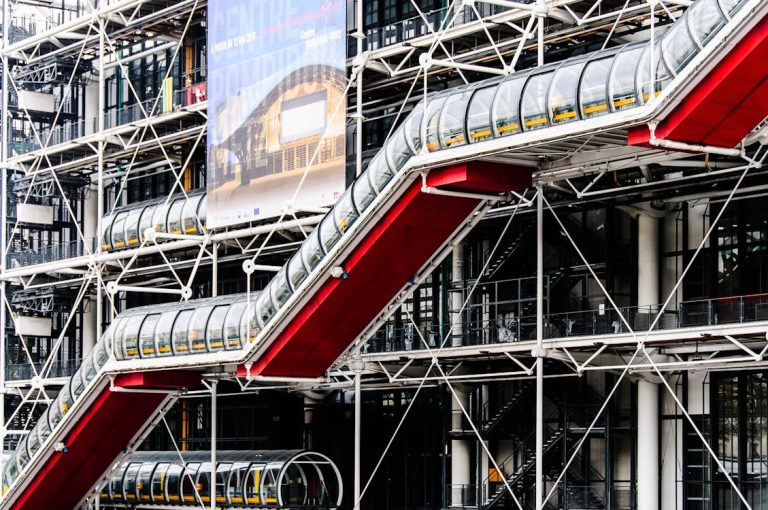To maintain its global leadership in the oil and gas sector, Eni, operating in over 60 countries with more than 32,000 employees, sought to empower its Libyan workforce by advancing their proficiency in computer-aided design (CAD) and drafting technologies. To achieve this, Eni engaged Qabas to both design and implement an intensive training program focused on AutoCAD 2D and 3D modeling for 12 of its engineers. This initiative aimed to elevate the skill levels of these professionals, enabling them to handle complex infrastructure projects with heightened accuracy and efficiency.
The Situation
CAD technologies are essential in the oil and gas industry for designing and modeling critical infrastructure, such as pipelines, oil rigs, and refineries. These tools allow engineers to visualise intricate structures in 3D, simulate real-world scenarios, and make data-driven design decisions that improve project outcomes. Recognising the need to enhance these capabilities among its Libyan operations, Eni partnered with Qabas to train its engineers in advanced CAD skills, ensuring they could meet the highest industry standards and support Eni’s strategic objectives.
Our Approach
Qabas implemented a comprehensive, month-long training program designed specifically for the oil and gas industry, focusing on the following key areas:
- Skill Assessment and Custom Program Development: We began by evaluating the existing skill levels of the 12 selected employees, tailoring the training modules to address specific needs and applications relevant to oil and gas projects.
- Intensive Technical Training: Delivered a rigorous training program covering both foundational and advanced aspects of AutoCAD 2D and 3D modeling, with an emphasis on industry-specific use cases like pipeline layouts, structural analysis, and process flow diagrams.
- Scenario-Based Learning and Workshops: Conducted hands-on workshops that simulated real-world design challenges, allowing participants to apply advanced CAD techniques in scenarios typical to oil and gas operations.
- Advanced Features and Optimisation: Introduced the engineers to advanced CAD features like parametric design, 3D rendering, and dynamic modeling, empowering them to optimise design accuracy and efficiency in their day-to-day tasks.
- Ongoing Support and Evaluation: Provided continuous performance monitoring, feedback sessions, and additional resources to ensure all participants reached high proficiency, with follow-up sessions to reinforce learning and address any challenges.
Implementation
The program was executed over a focused four-week period, with Qabas deploying seasoned CAD experts to lead the training. The structured approach ensured that participants progressively mastered AutoCAD 2D before advancing to complex 3D modeling. The training integrated practical projects aligned with Eni’s operational needs, allowing engineers to directly apply their new skills to real-time challenges.
Results
Upon completion, the 12 engineers emerged as some of the most advanced CAD users in Libya’s oil and gas industry. Their newfound capabilities in 3D modeling and design optimisation have significantly improved the quality and efficiency of Eni’s engineering operations in the region. This upskilling not only enhances Eni’s operational effectiveness but also solidifies its position as a technologically advanced player in the industry, with a workforce equipped to drive innovation and precision in critical infrastructure projects.



